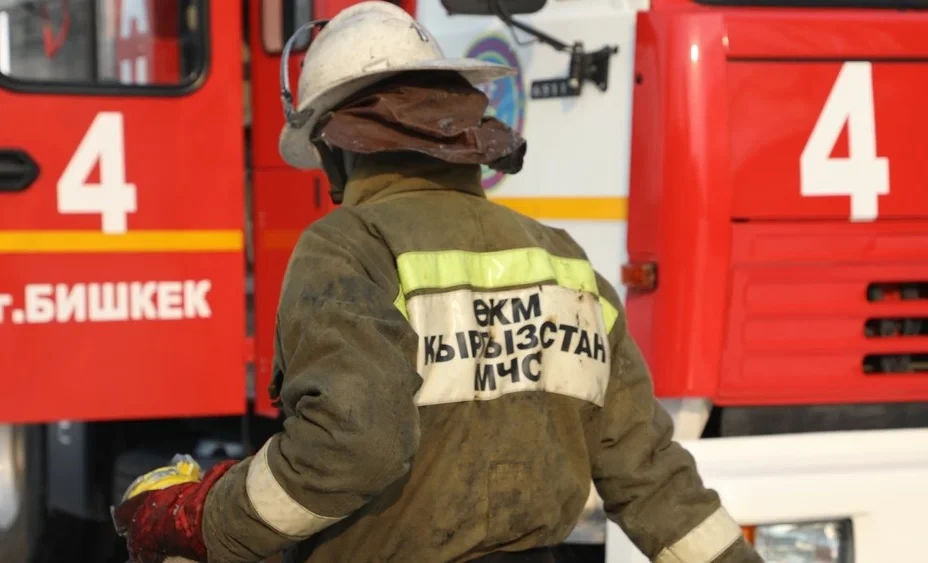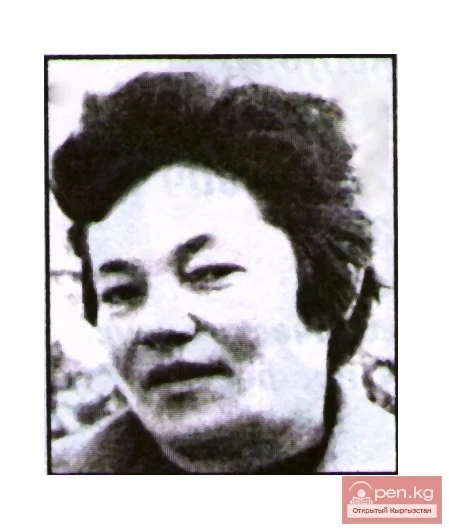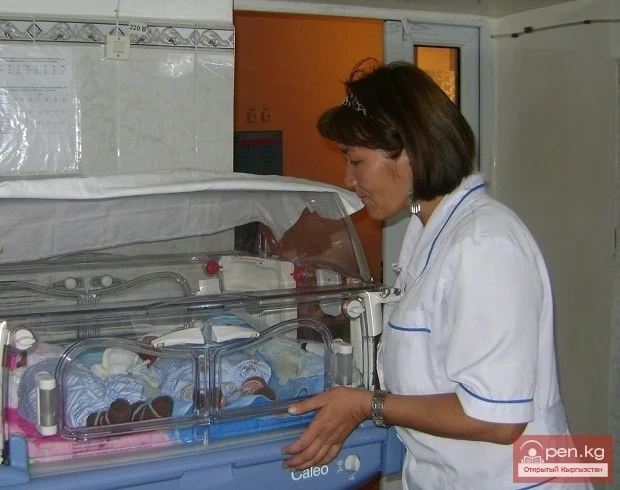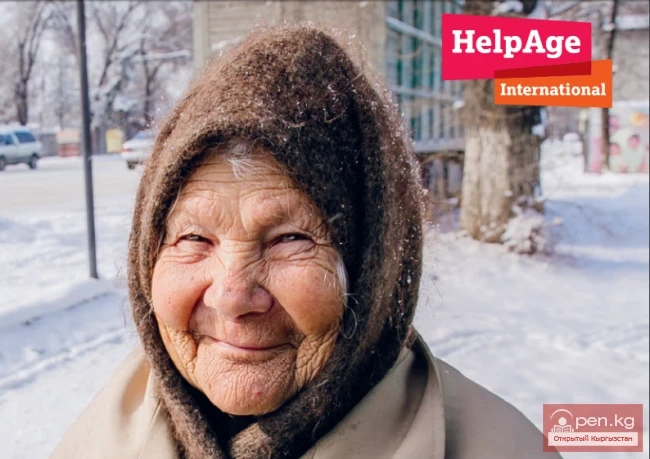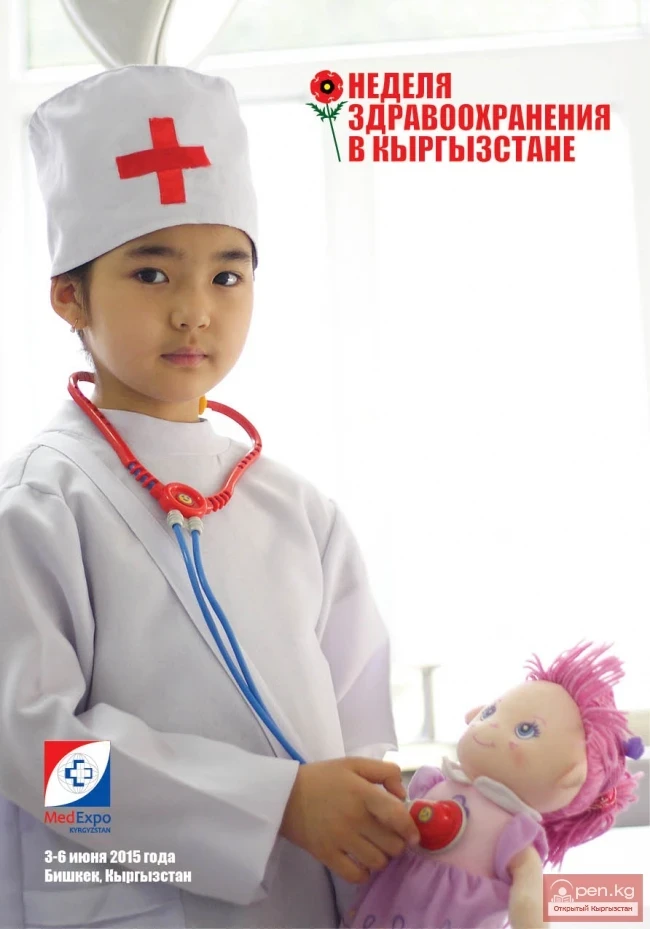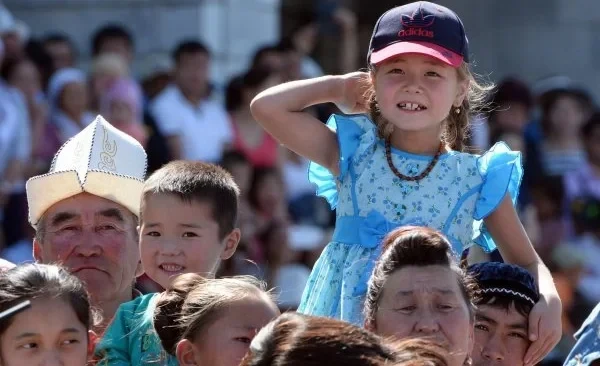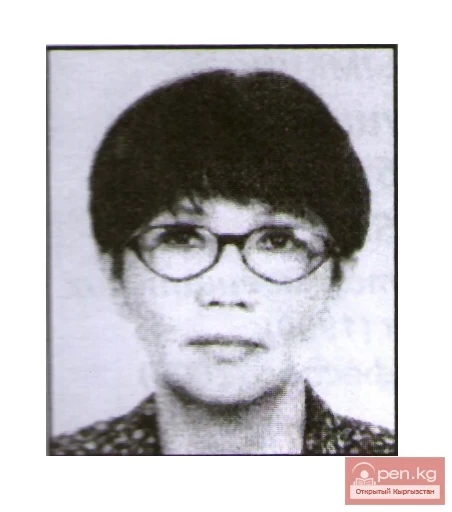Data from the State Sanitary and Epidemiological Surveillance Department shows that the epidemiological situation in the country remains stable. Of the total number of cases, 64.6% are children under 14 years old, which is equivalent to 4,329 cases. Hospitalization was required for 6.7% of them — 452 people.
The highest levels of morbidity are observed in Bishkek (193.1 per 100,000 population), Osh (148.2), Naryn (190.1), and Chui (103.7) regions.
Epidemiological surveillance for severe acute respiratory infections (SARI) and influenza-like illnesses continues in Bishkek, Osh, and Tokmok.
Since the beginning of the epidemic season, no cases of influenza have been registered. At the same time, circulation of acute respiratory viruses is recorded: adenovirus (34.8%), rhinovirus (30.4%), parainfluenza I–IV (17.4%), and other viruses (17.4%).
The country continues free vaccination against influenza for at-risk groups, including people with chronic diseases, frequently ill children, pregnant women, elderly people over 65, and healthcare workers. Those wishing to be vaccinated in private clinics are offered services at prices ranging from 400 to 1,000 soms.
The following measures are recommended for prevention:
- When coughing or sneezing, cover your mouth and nose with a tissue or your elbow;
- Avoid overcooling and overheating;
- If you feel unwell or have flu symptoms, stay at home;
- Follow sanitary and hygiene standards: wash your hands, ventilate rooms, and do wet cleaning;
- Maintain a balance between study and rest: walk in the fresh air, get enough sleep, and eat properly;
- Engage in physical exercises and morning gymnastics;
- If your child is sick, do not send them to school or kindergarten until they fully recover, and consult with your family doctor;
- In public places, adhere to mask-wearing and social distancing.
If symptoms of ARVI and influenza appear, it is recommended not to self-medicate but to seek medical assistance from your family doctor.




